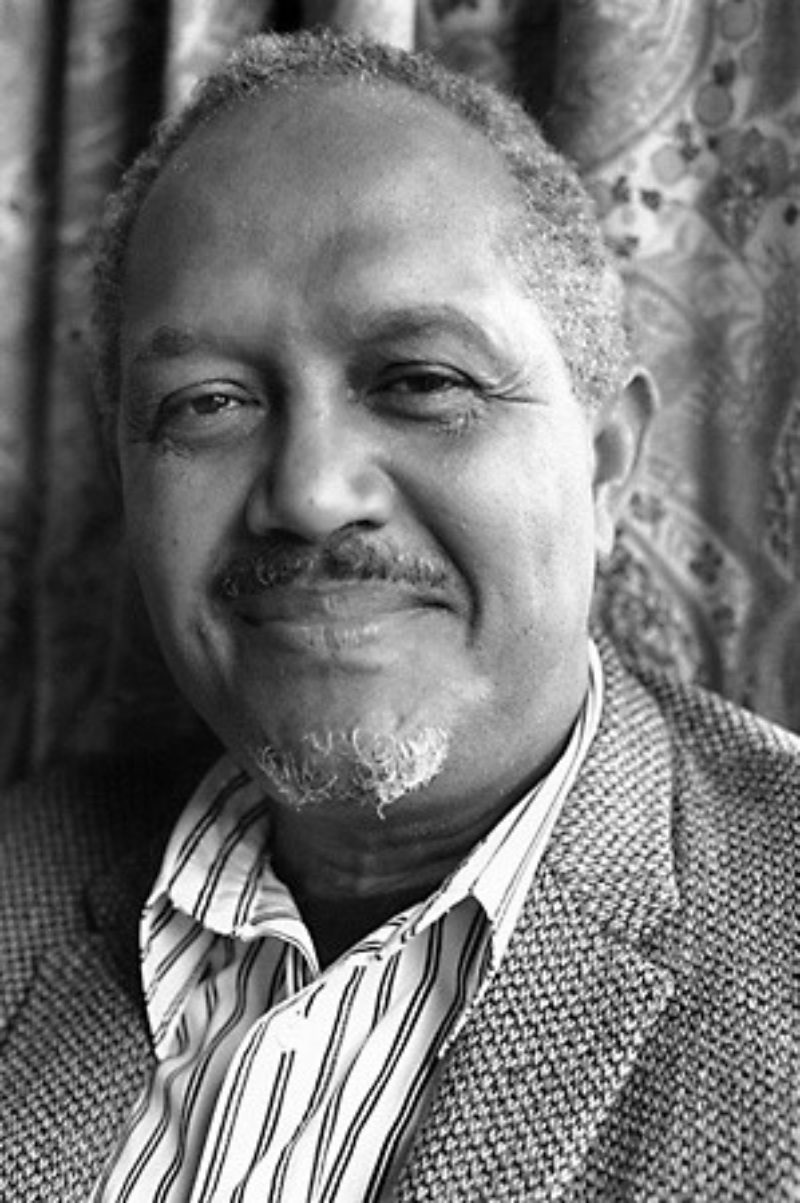Haringey Labour News from your Haringey Labour Team

These words
Come not trippingly,
But fall unspeakable,
From islets of truth
Within me.
(Opening stanza of “Word Creatures”, Foundations, by Anthony (John) La Rose)
John Anthony La Rose was a trade unionist, publisher, and poet, born on 27 December 1927 at Arima, Trinidad, and for the last forty years of his life lived in Albert Road, Finsbury Park – close to his New Beacon Bookshop and the George Padmore Institute.
The poet Linton Kwesi Johnson described him as ‘the elder statesman of Britain’s black communities’, and ‘the most remarkable human being I have ever known’ (The Guardian, 4 March 2006).
La Rose’s hometown had a history of working class struggle, which led to his interest in Marxist thought and his commitment to empowering workers both in the West Indies, and all over the world.
La Rose was involved in the establishment of many trade unions. He helped to form the Workers’ Freedom Movement in Trinidad in the 1940s, became an executive member of the Federated Workers’ Trade Union. As the then general secretary of the West Indian Independence Party, he unsuccessfully contested a seat in the general election in Trinidad in 1956.
La Rose suffered repression as a result of his political activism, which eventually led him to move to Venezuela with his family, where he became a teacher and joined the Venezuelan Communist Party in 1958.
La Rose moved to England in 1961 and eventually settled in North London, where he formed the Caribbean Artists Movement alongside Andrew Salkey, and Edward Kamau Brathwaite. In 1966, La Rose and his second wife Sarah White founded New Beacon Books, the first specialist Caribbean publisher, bookseller, and international book service in the United Kingdom.
In 1969, La Rose founded the George Padmore Supplementary School, which aimed to raise the expectations of achievements of Caribbean children in the UK, and help instil a sense of pride in their own history and culture.
After the assault of a black schoolboy outside his school in Haringey, La Rose helped found the Black Parents Movement to help fight discrimination against young black people.
La Rose was decorated with the labour star, the union’s highest honour, by the Oilfields Workers’ Trade Union in 1986, and awarded honorary doctorates by Leeds Metropolitan University in 1994 and by the University of Trinidad and Tobago, posthumously, in 2006.
John La Rose died at the Whittington Hospital on 28 February 2006, and was buried in Islington and St Pancras Cemetery on 13 March.
An detailed account of John La Rose’s life has been published by the Oxford Dictionary of National Biography: https://doi.org/10.1093/ref:odnb/97081
The George Padmore Institute has an excellent database of knowledge relating mainly to the black community of Caribbean, African and Asian descent in Britain and continental Europe: https://www.georgepadmoreinstitute.org/
And has an excellent account of John La Rose’s life: https://www.georgepadmoreinstitute.org/John%20La%20Rose
